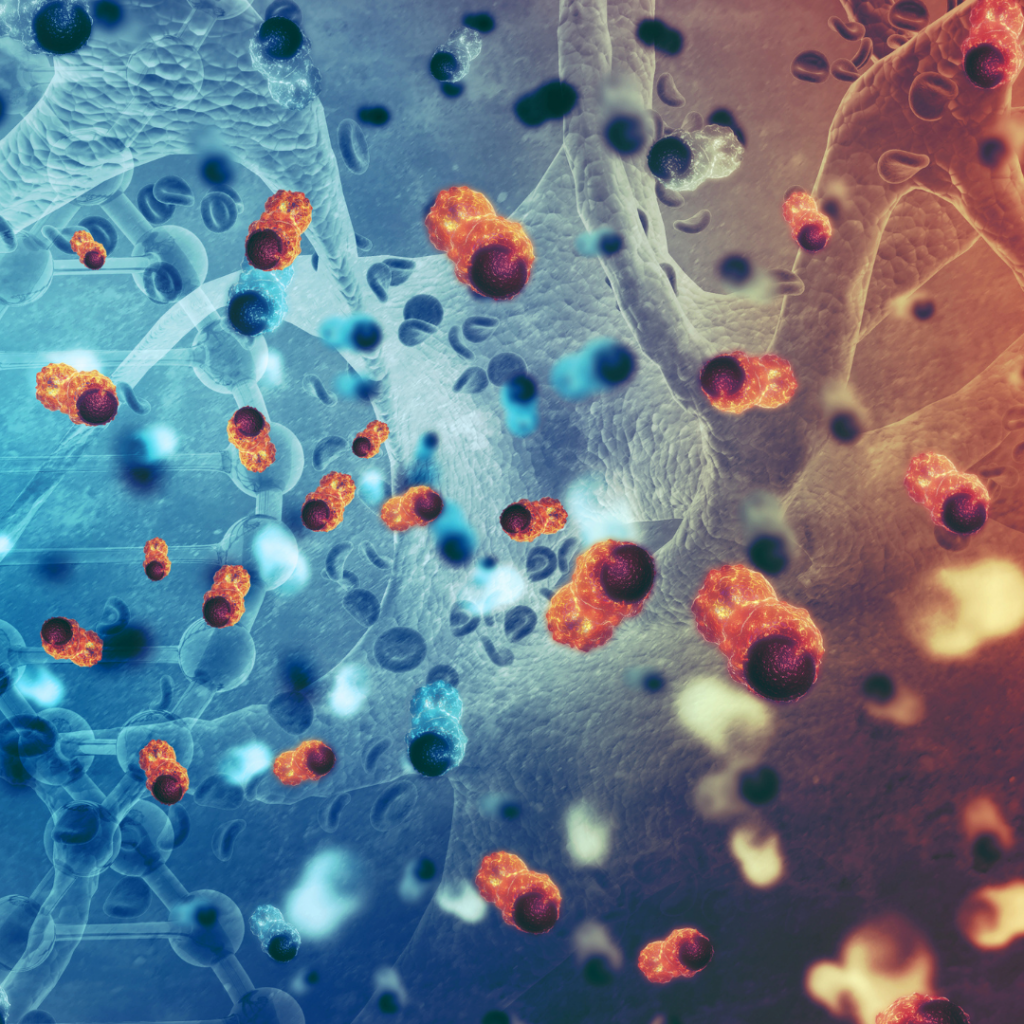
TwinsUK data helps uncover hidden mutations that could drive cancer
8th October 2025 – by Wellcome Sanger Institute
New research using data from the TwinsUK cohort has helped reveal how naturally occurring DNA mutations in healthy tissue may contribute to ageing and the early development of cancer.
The study, published today in Nature, was led by researchers from the Wellcome Sanger Institute in collaboration with TwinsUK at King’s College London. It introduces an improved version of nanorate sequencing (NanoSeq) – a highly accurate DNA sequencing technique that can detect rare genetic mutations with unprecedented precision.
Using targeted NanoSeq, researchers analysed cheek swabs and blood samples from more than 1,000 TwinsUK participants. This large dataset provided a unique opportunity to study how genetic mutations arise in normal tissues over time, and how lifestyle and environmental factors such as smoking and alcohol consumption can influence these changes.
The team discovered over 340,000 mutations in cheek cells, including more than 62,000 genes linked to cancer development. They also identified clear genetic “signatures” associated with ageing, smoking, and alcohol intake. Importantly, while many mutations were found, most did not continue to grow or form harmful cell clones, suggesting that the body has mechanisms to control potentially risky mutations before they lead to cancer.
By combining NanoSeq’s ultra-accurate sequencing with the depth and diversity of TwinsUK’s long-term twin data, researchers were able to gain the most detailed picture yet of how normal tissues mutate and evolve over time. These insights could help scientists better understand the earliest biological changes that precede disease and how factors such as lifestyle, environment, and genetics contribute to cancer risk.
The improved version of NanoSeq is now being used in other studies at the Sanger Institute, including another Nature paper published today in collaboration with TwinsUK. That research examined how harmful DNA changes accumulate in sperm cells as men age, offering new opportunities to explore how environmental and lifestyle factors may affect genetic risks in future generations.
Read the full study in Nature.
